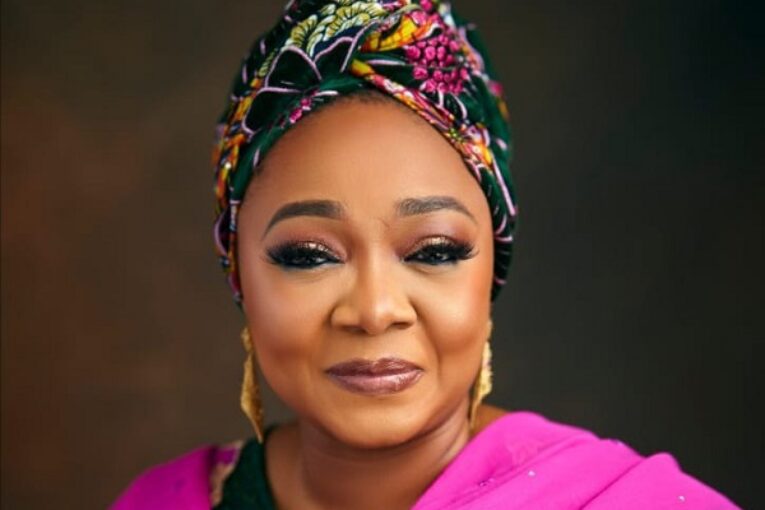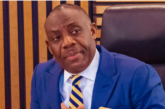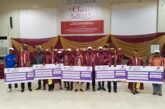
Minister of Women Affairs, Imaan Sulaiman-Ibrahim, has called on universities and higher institutions to integrate human trafficking awareness and migration literacy into their curricula as a tool for breaking the cycle of trafficking and illegal migration.
Speaking as Special Guest Speaker at the 2025 annual academic summit at the University of Abuja yesterday, the minister stressed that education remains the most powerful tool in equipping young girls with the knowledge, skills, and confidence to make informed choices about their future.
In a statement by the Special Adviser to the minister on Media and Publicity, Mr Jonathan Eze, Sulaiman-Ibrahim noted that quality and functional university education must go beyond theory and be practical, relevant, and empowering.
She added that academic institutions must be intentional in preparing students, particularly young women, for economic independence.
The minister set out the context of her presentation by referencing some statistics, which, according to her, do not do justice to the immense potential that the country holds.
The statement reads in part: “It is an honor and a privilege to stand before this distinguished gathering as a Special Guest Speaker at this year’s Annual Academic Summit of the Faculty of Social Sciences, University of Abuja.
“Today’s event holds a deep personal significance for me – not only because it addresses a critical national and global issue but also because it brings me back to the very institution that shaped my academic and professional journey.
“Nigeria is one of the main source, transit, and destination countries for human trafficking in Africa. According to the Global Slavery Index (2023), Nigeria ranks among the top 10 countries with the highest number of trafficked persons.
“An estimated 1.4 million Nigerians are victims of modern slavery, with women and girls making up the majority.
“Over 60 per cent of Nigerians attempting to migrate irregularly are women and girls, many of whom are trafficked for forced labour or sexual exploitation.
“Reports indicate that over 50,000 Nigerian women are trapped in forced prostitution across Europe, particularly in Italy and Spain.
“The International Organisation for Migration (IOM) estimates that more than 80 per cent of Nigerian women who arrive in Europe through irregular routes are potential trafficking victims.
“The United Nations Office on Drugs and Crime (UNODC) reports that Nigeria accounts for nearly 50 per cent of all human trafficking cases in West Africa.
“These figures underscore the urgent need for policy, awareness, and systemic interventions to combat the menace of human trafficking and illegal migration.
“Illegal migration and trafficking do not happen in a vacuum. Several factors contribute to the vulnerabilities of Nigerian girls, including Poverty and Economic Hardship, Lack of Education and Skills, Cultural and Gender Norms, and Weak Law Enforcement, amongst others.”
Thenation




